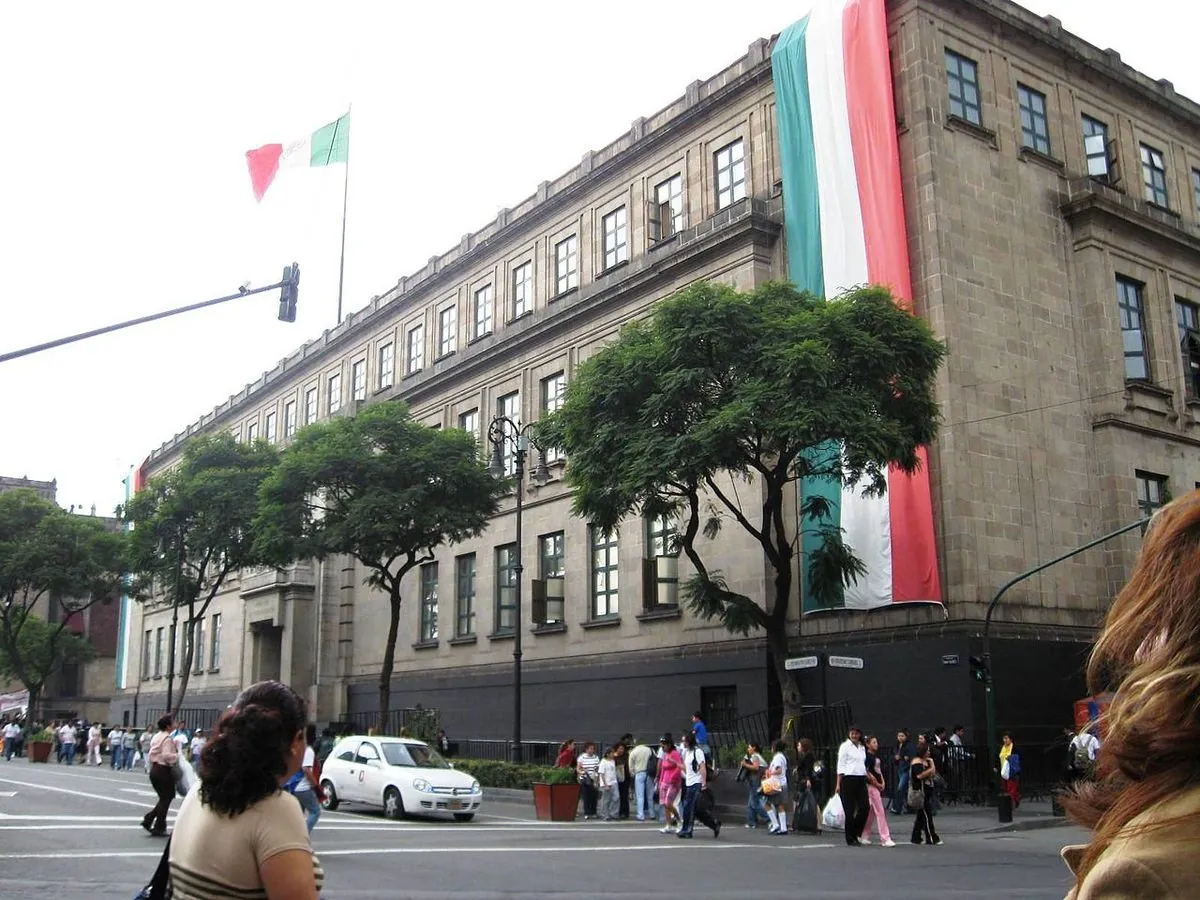Mexico's Judicial Overhaul: Elected Judges Spark Controversy
Mexico prepares to amend its constitution, requiring elected judges. The move, championed by President López Obrador, faces criticism over potential threats to democracy and judicial independence.

Mexico is on the verge of a significant constitutional change that would require judges to be elected, a move that has ignited a fierce debate about the future of the country's judicial system. This amendment, part of a broader judicial overhaul, has been pushed forward by outgoing President Andrés Manuel López Obrador and his Morena party.
The proposed change has already cleared major hurdles, passing through Mexico's Congress and receiving ratification from the majority of the country's 32 state legislatures. López Obrador has announced his intention to sign and publish the constitutional amendment on September 17, 2024, coinciding with Mexico's Independence Day celebrations.
This reform marks a significant shift in Mexico's legal landscape, which has operated under a civil law system since the promulgation of its current constitution in 1917. The Mexican Supreme Court, consisting of 11 justices serving 15-year terms, has traditionally held the power of judicial review over laws and executive actions.
Critics of the amendment, including legal experts and international observers, have expressed concerns about its potential impact on Mexico's democracy. They argue that the change could lead to a judiciary dominated by judges loyal to the ruling Morena party, which has secured a strong position in both Congress and the presidency following substantial electoral victories in June 2023.

Supporters of the reform, led by López Obrador, contend that it will address long-standing issues of corruption within the judicial system. Mexico's legal system has faced criticism for inefficiency and corruption for decades, prompting various reform attempts since the 1990s to enhance transparency and effectiveness.
The proposed changes have sparked widespread protests and strikes across Mexico. Law students, judicial employees, and concerned citizens have taken to the streets to voice their opposition. In a dramatic turn of events, protesters stormed the Senate chambers on September 12, 2024, in a last-ditch effort to block the proposal. Despite this, senators relocated and passed the measure after hours of debate.
"It's an incredibly important reform, reaffirming that in Mexico there is authentic democracy. The people electing their representatives, electing their public servants in all three branches, that is democracy."
This judicial overhaul represents a significant part of López Obrador's legacy as he approaches the end of his six-year term on September 30, 2024. It's worth noting that Mexico's presidential system limits leaders to a single term, a measure designed to prevent the concentration of power that characterized the country's political landscape during decades of one-party rule by the Institutional Revolutionary Party (PRI).
As Mexico stands at this crossroads, the implications of this constitutional amendment remain to be seen. The country's complex system of constitutional control, involving various courts and procedures, will undoubtedly be tested as this new era of elected judges unfolds.


































